Immigration experts say the inflammatory rhetoric could deter potential migrants, but predict that Australia’s current migration policy – which has already reduced numbers while prioritising skilled workers – is likely to remain in place at least until next year’s election.
Abul Rizvi, a former senior official in Australia’s immigration department, described the current political focus on immigration as the “most intense” that he had seen in his 35 years of watching national policy.
He said it all but confirmed that the debate on immigration – containing a mixture of substance and “smoke and mirrors” laced with xenophobia and self-interest – would dominate the election.
“The policy on [international] students is certainly tightening,” Rizvi said. “From a permanent migration perspective, the current government is basically steady as you go. From a political rhetoric perspective, everything is changing. The heat is just rising.”
Immigration has become “the major reason for the populist surge in most of the migration-receiving countries”, Swedish academic Ashok Swain said in research prepared for the United Nations in 2019, attributing the rise of nationalism in these countries to an anti-immigration political mobilisation, based on perceived threats that migrants pose to “native cultures”.
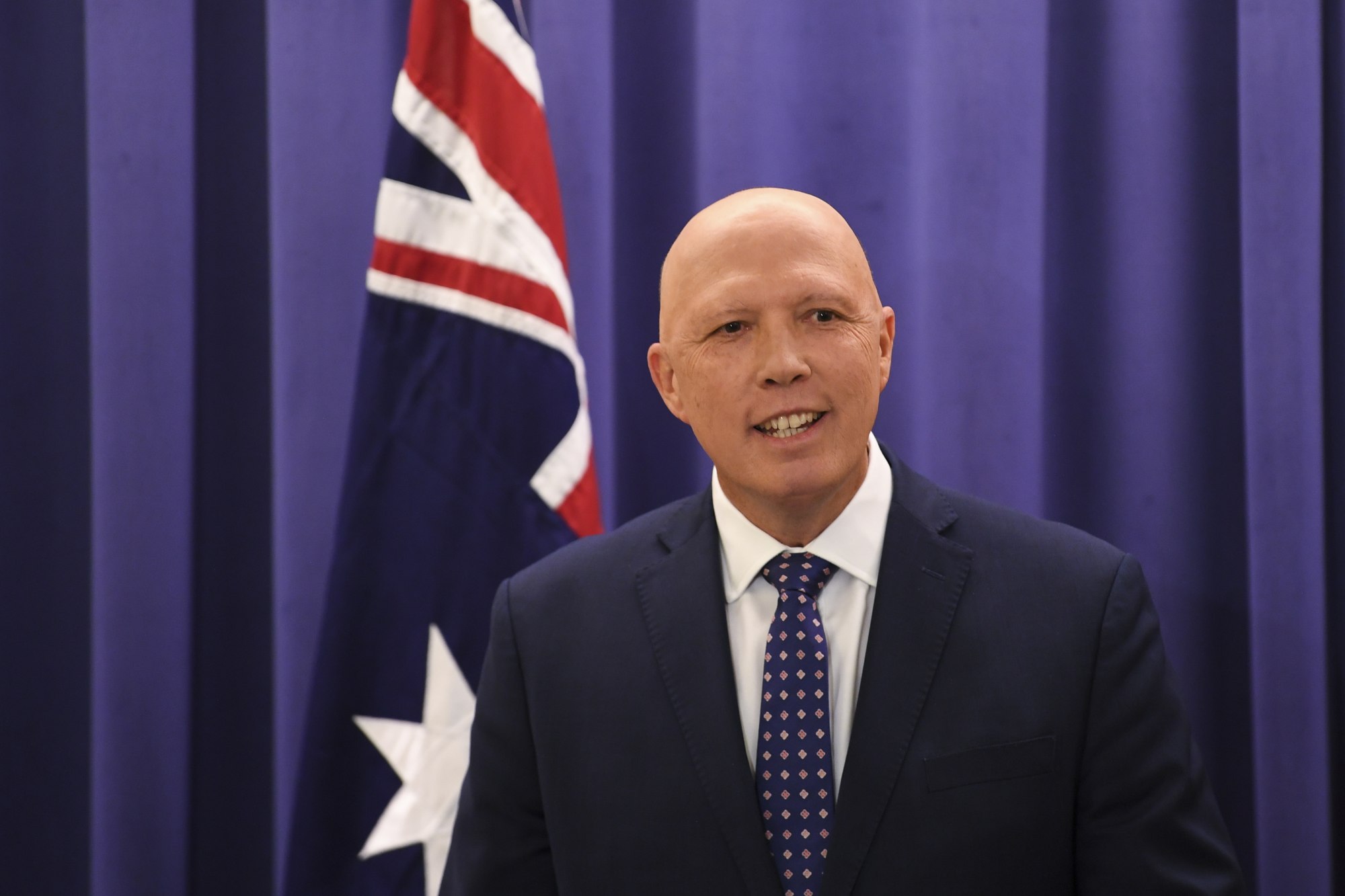
This is not the first time Dutton has leveraged race and migration as political tools. He has previously stoked fear about “African gangs” in Australia, warned about “war with China”, and was overheard joking about rising sea levels in Pacific island nations.
Scoring political points
Experts have been quick to call out Dutton’s immigration claims.
Sara Dehm, a senior lecturer in international migration and refugee law at the University of Technology Sydney, said his divisive rhetoric “misses the real crisis of Australia’s migration system”.
“Such migration panic fosters an artificial ‘us and them’ divide and creates the perception of a crisis around immigration that is then used to justify more migration controls and restrictions against non-citizens,” she said in a commentary earlier this month.
When top political commentator Laura Tingle stated publicly that Australia was a racist country, she faced a backlash from right-wing pundits. But she stood firm, arguing it was crucial to scrutinise an opposition leader’s comments blaming migration for the housing crisis, as such rhetoric could threaten social cohesion.
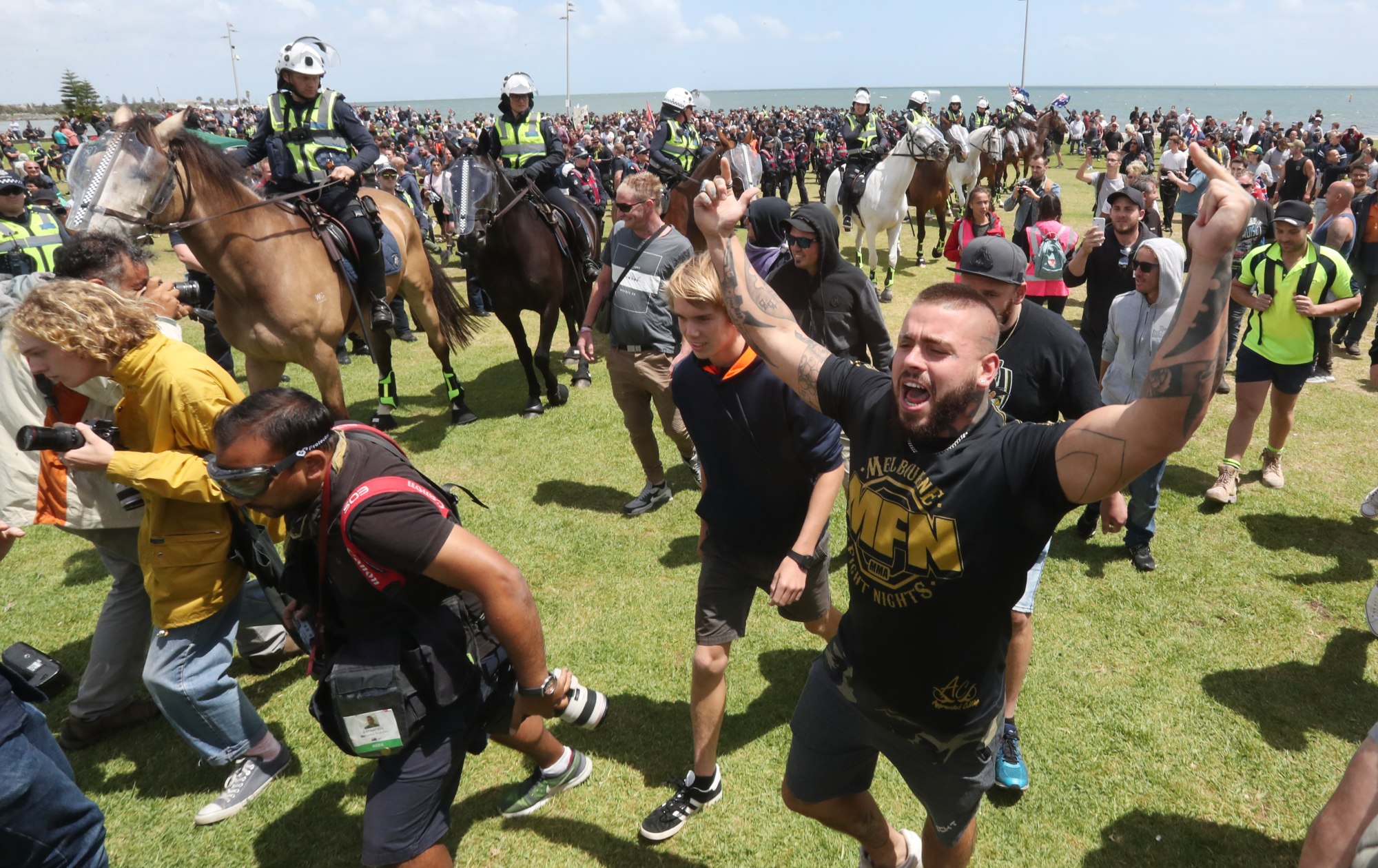
Allegra Spender, an independent member of Australia’s federal parliament, accused Dutton of making false arguments.
“Migrants are not the driver of rental stress – it’s the failed housing supply policies of successive local, state and federal governments, as well as our shift to fewer people per dwelling,” she said in commentary on Tuesday.
Rizvi said the opposition’s vague proposals to cut migration lacked specifics on freeing up homes or lowering prices – and some were even contradictory.
Dutton’s pledge to slash permanent migration from 185,000 to 140,000 within two years ignores that most of the people granted permanent residency were already in the country, he said.
“140,000 isn’t that far off the average of the last 20 odd years anyway … so what [Dutton] was saying wasn’t outrageous except the rhetoric he put around it, including what he said about ‘freeing up 100,000 homes’,” Rizvi said.
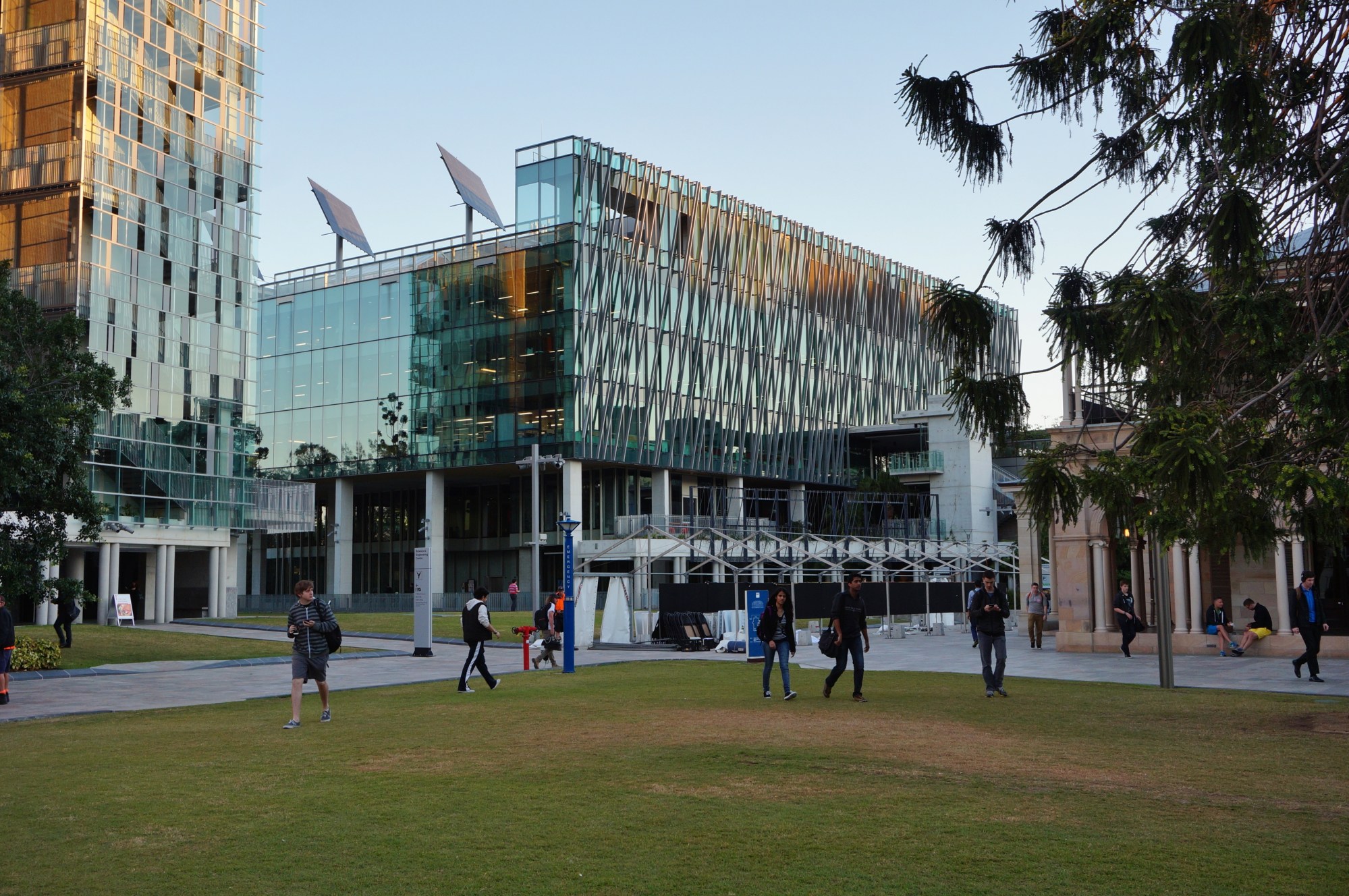
Moreover, Rizvi said the government had already cut migration numbers in the past few months, including quotas for international students.
“I think he [Dutton] is confident that the bulk of voters will not be interested in the details. They will just go with the vibe of blaming migration for all the problems in their lives,” he said.
Both the government and the opposition were also aware that cutting migration, especially skilled migration, would be counterproductive, Rizvi said.
Dutton’s Liberal Party, which governed Australia until 2022, had actually ramped up immigration towards the end of the pandemic – lifting overseas student numbers and offering unlimited work rights as well as fee-free applications and special visas. These measures were continued by the current government until they expired last year.
On Friday, the focus on immigration intensified as Canberra revised a ministerial direction that could enable more deportations of people with criminal records, even if they have no ties to their birth countries and deep roots in Australia.
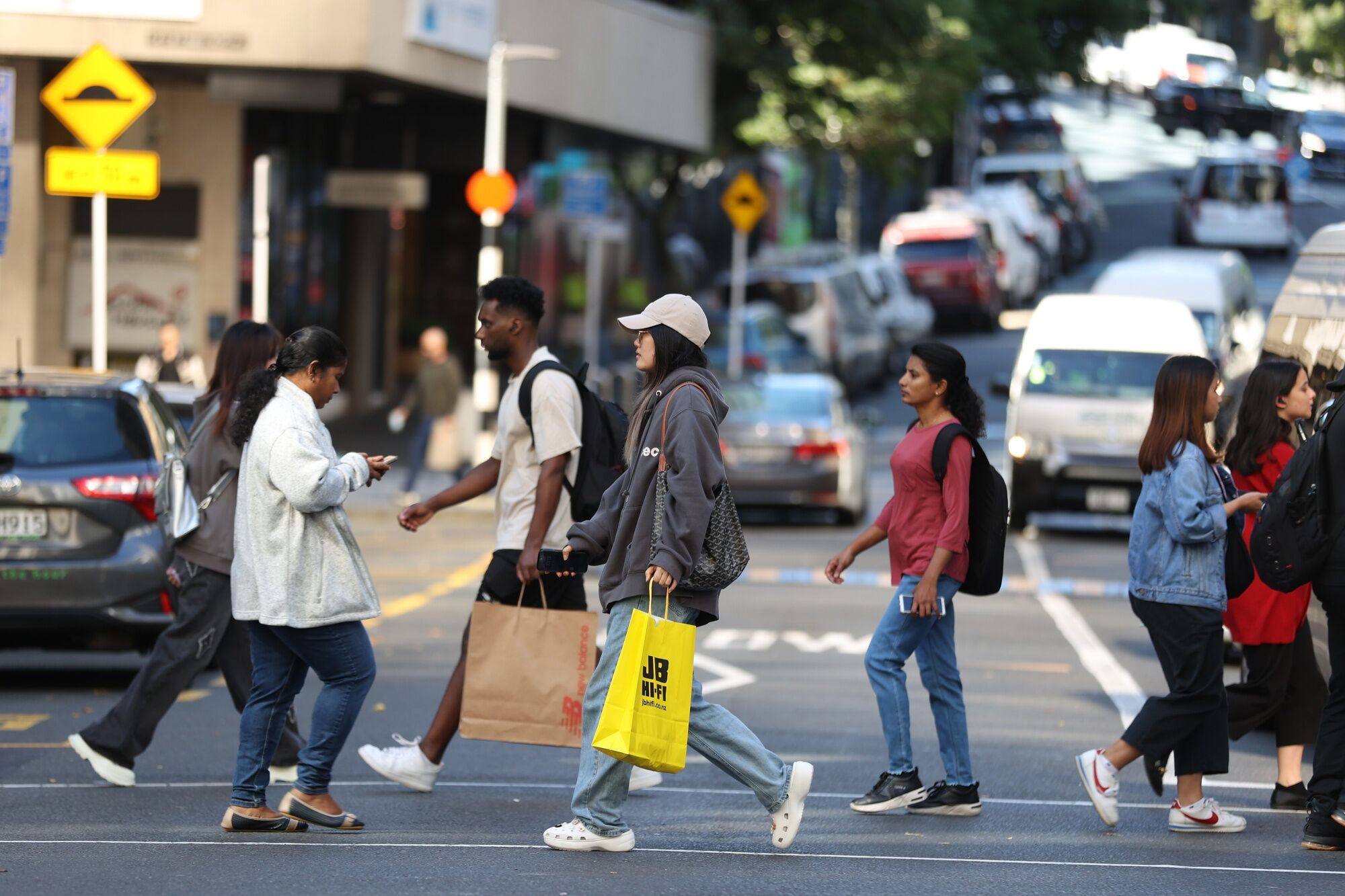
The view from New Zealand
Wellington also signalled it would review immigration policy, including a refocus on skilled migrants. But immigration is not a major political priority for New Zealand right now, according to sociologist Paul Spoonley.
He urged New Zealand to consider factors beyond just immigration, such as fertility rates and regional population profiles, in shaping its broader population policy.
New Zealand’s latest census showed its population is ageing and growth has slowed, but is also becoming more diverse, with Asian New Zealanders and Maori among the fastest-growing ethnic groups.
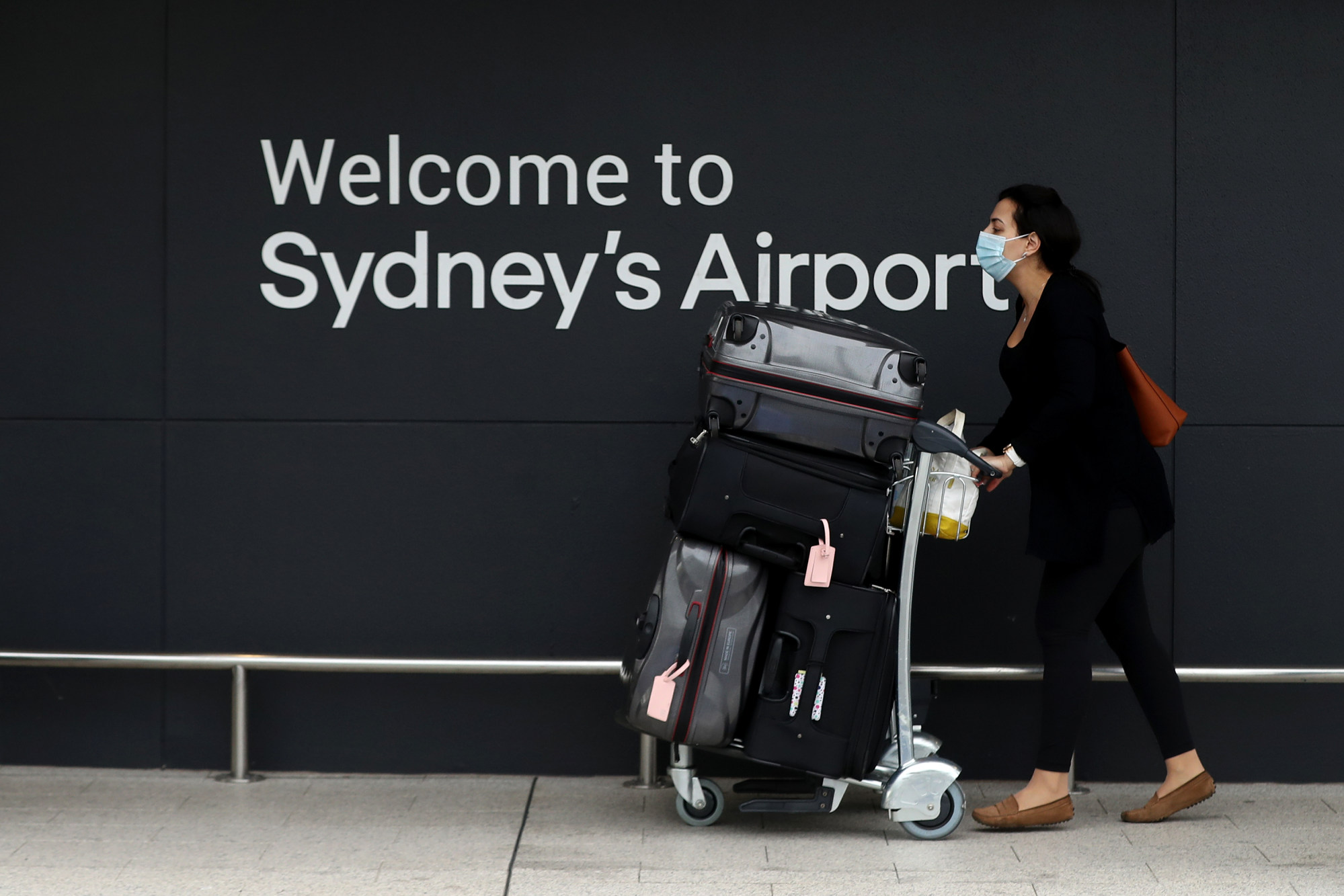
Rizvi said that skilled migrants, particularly in health, education and construction, were a top priority for both New Zealand and Australia.
Nurses, teachers, IT workers and engineers are the skilled workers in highest demand, according to an analysis of the Australia’s labour market last month by Peter McDonald, a demography professor at the University of Melbourne.
In last month’s budget, Canberra made clear it was mainly interested in “exceptionally talented migrants” – even cutting some programmes such as the so-called golden visa because they were “delivering poor economic outcomes”.
While Australia’s focus on skilled migration is unlikely to shift, Rizvi said Canberra may make minor tweaks to temporary visas like working holidays. But he expects the political rhetoric around migration to persist.
“In fact, you’ll find the opposition leader [Dutton] will criticise the government for not bringing in enough construction tradespeople and say that’s why Australia is not building enough houses,” he said.

